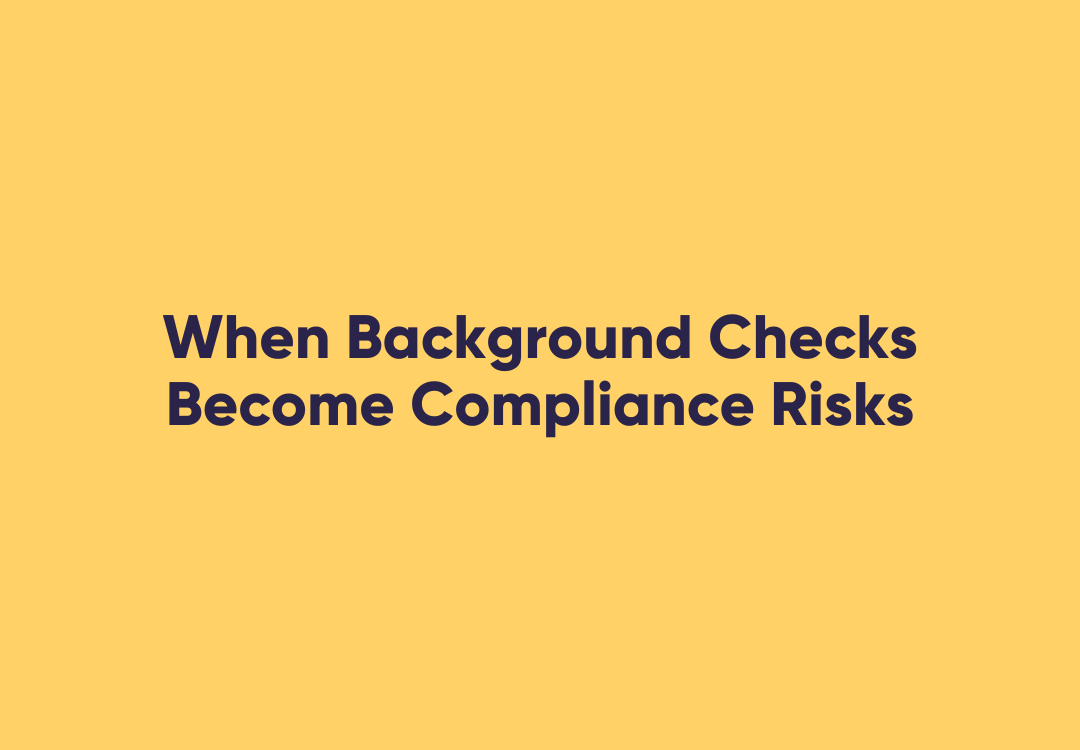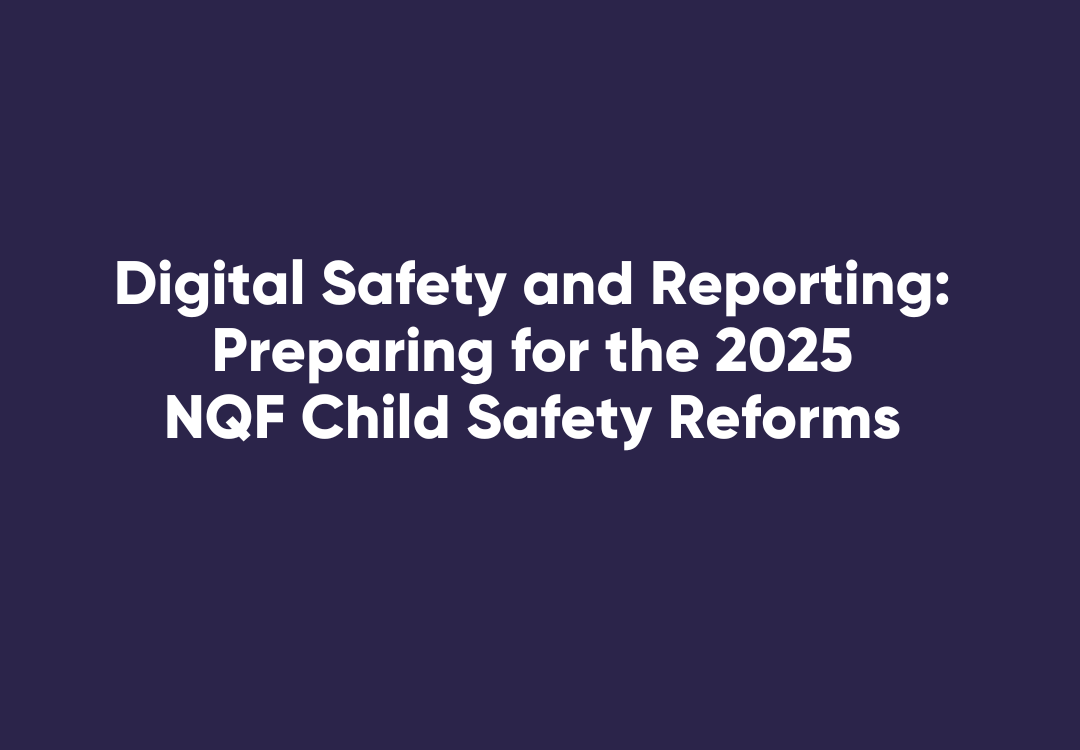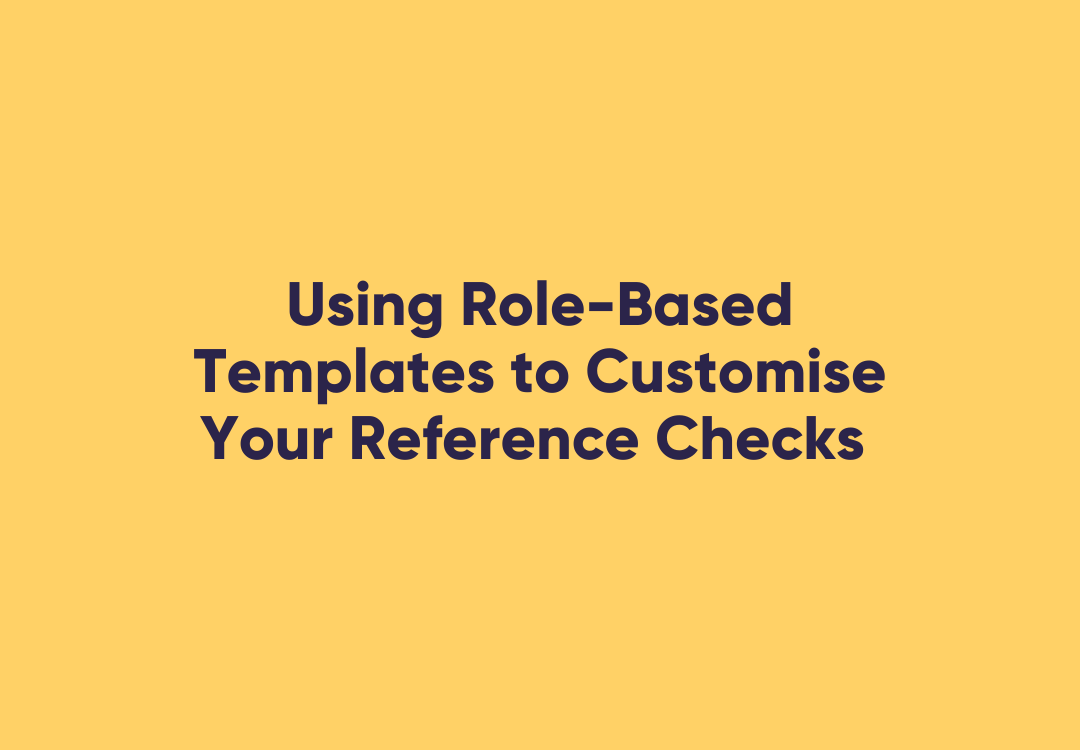3 Ways Workers Can De-Stress on the Job
While experiencing workplace stress at times is normal and unavoidable, sustained periods of high pressure can be detrimental to health and productivity.
In fact, Safe Work Australia’s 2013 report* on work-related mental stress found the strain is costing Australian businesses over $10 billion annually – a staggering sum that includes lost productivity, absenteeism and workers’ compensation claims.
As far as negative consequences go, numerous studies have shown that stress doesn’t remain a mental or psychological problem – it has a strong impact on physical well-being as well.
The Government of Victoria’s Better Health Channel** explained that stress may lead to fatigue, muscular tension, headaches, heart palpitations, insomnia and skin problems.
For these reasons, employers should take measures to help their workers better manage stress.
From covering the topic in work health and safety training to offering ongoing advice, business leaders can contribute to their workforce’s well-being.
With that in mind, here are a few ways workers can reduce stress on the job:
1. Take a walk at lunchtime
A half-hour stroll around the block at lunchtime could have a significant impact on reducing stress and improving mood in the workplace.
According to a recent study published in the Scandinavian Journal of Medicine & Science in Sports***, when study participants went out for 30-minute walks three times a week, they saw improvements in terms of “enthusiasm, relaxation and nervousness”.
A simple change of scenery could play a role in helping employees come back refreshed, while getting a bit of exercise can improve blood oxygen levels.
2. Eat the right foods
Speaking of lunchtime, making the right nutritional choices could help manage stress.
Whether employers provide snacks and lunch items for their workers, or simply clue them in on what some pressure-relieving options are, food could make a different in workplace tension.
According to the Physicians Committee for Responsible Medicine****, people who are feeling stressed should reach for low-fat, high-fibre foods with lots of carbohydrates.
Fruits and vegetables are also strong choices, especially since they offer nutrients to boost the immune system.
What to avoid? Fat, sugar and caffeine.
3. Cut out the noise
Business psychologist Sharon Melnick told Forbes Magazine***** that reducing distractions and interruptions can be a great way to relieve stress.
Whereas many workers are constantly “bombarded during the day” by messages from multiple media, learning how to shut them out while working toward tight deadlines or coming up with a plan for prioritising and responding to interruptions can prevent employees from getting overwhelmed.
*Safe Work Australia, “Mental stress costs Australian businesses more the $10 billion per year”.
**Government of Victoria: Better Health Channel, “Work-related stress”.
***Scandinavian Journal of Medicine & Science in Sports, “Changes in work affect in response to lunchtime walking in previously physically inactive employees: A randomized trial”.
****Physicians Committee for Responsible Medicine, “How to Eat Right to Reduce Stress”.
*****Forbes Magazine, “12 Ways to Eliminate Stress at Work”.












